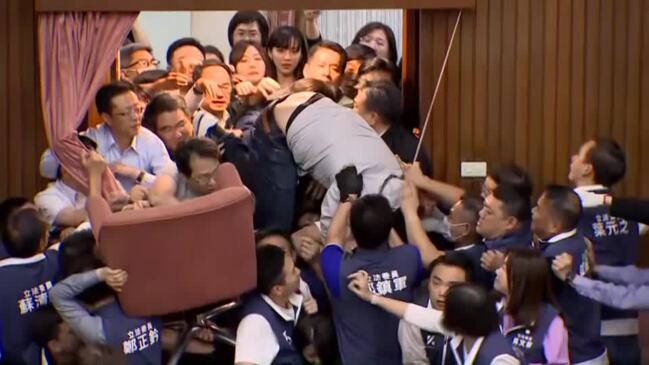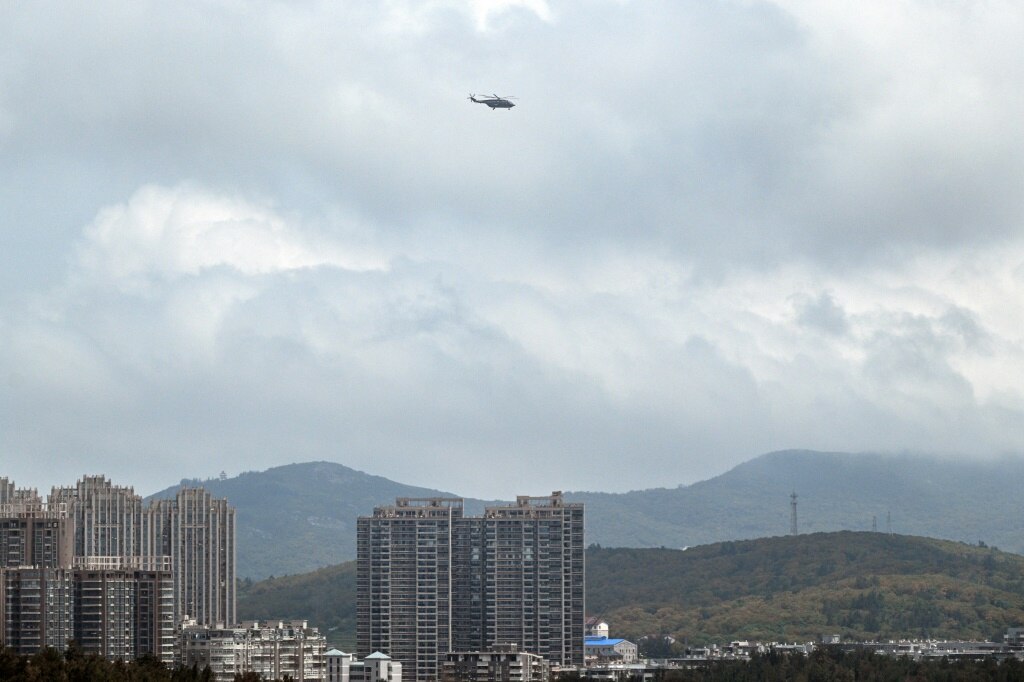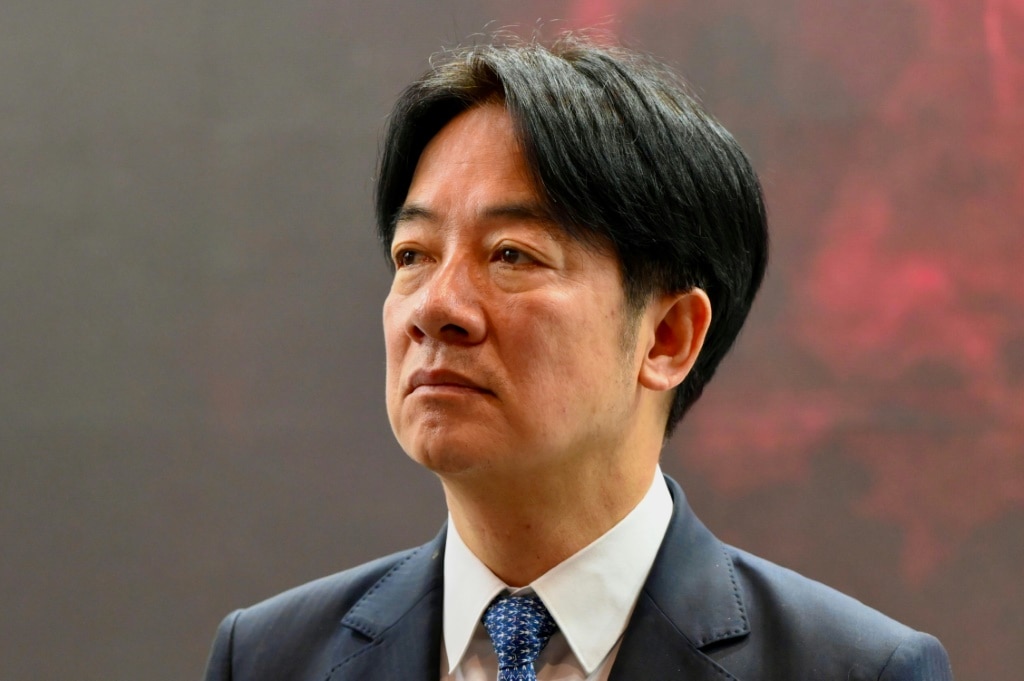New president gives Australia chance to step up engagement with democratic Taiwan

An Australian parliamentary delegation will attend the inauguration. That is a welcome move, but it is way past time for Australia to step up its engagement with a stable, democratic trading partner.
The new president favours the current status quo on cross-Strait relations with Beijing, saying there’s no need to declare Taiwan’s independence. In August 2023, Lai emphasised Taiwan was already a “sovereign, independent country”, a view clearly supported by Taiwanese voters.

Beijing has responded to the DPP’s victory with increased military pressure, including numerous jet sorties that routinely cross the median line of the Taiwan Strait, and increased the presence of its naval vessels in Taiwan’s waters and test-firing weapons near the island. China recently sent balloons into Taiwan’s territorial airspace.
During the campaign Lai said he wanted to promote “value diplomacy”, forging deeper ties with the international community based on democracy, peace and prosperity. His foreign and defence plans include strengthening national defence and deterrence, enhancing economic security, establishing partnerships with global democratic countries, and maintaining stable and principled cross-Strait leadership.
Taipei will continue to push its bid to join the regional trade pact, the Comprehensive and Progressive Agreement for Trans-Pacific Partnership. As our fifth-largest trade partner, we should support Taiwan’s membership. It could serve as a reliable partner in supporting more resilient supply chains and helping the revival of Australian manufacturing. It dovetails neatly with the Albanese government’s Future Made in Australia plan.
Potential areas for co-operation include critical minerals, quantum computing, biotech, renewable energy, producing solar panels, storage batteries, green hydrogen and offshore wind farming.

Lai advocates the development of “five trusted industries” for Taiwan: semiconductors, artificial intelligence, autonomous defence industry development, cyber security and low Earth orbit satellites. Taiwan is a critical technology hub. Its semiconductor industry ranks first globally, with over 90 per cent market share in advanced manufacturing processes.
Last month Australia concluded an MOU with Taiwan on transport safety. There was a flurry of these types of agreements in the late 1990s and early 2000s before we reoriented to mainland China.
Last week a new science and technology bilateral co-operation arrangement was signed with Taiwan, suggesting a little more balance returning.
Australia should support Taiwan’s greater participation in the World Health Organisation and World Health Assembly, despite the obstructionist tactics employed by the PRC, which aims to push Taipei out of multilateral forums. In a world where pandemics present a serious risk, no country benefits from Taiwan’s exclusion.
While staying within our one-China policy, Australia should be doing more to develop defence and security ties with Taiwan.
Australian co-operation bolsters the US alliance system in the Indo-Pacific because Taiwan’s “loss” to an aggressive PRC would shatter US strategic credibility and undermine an already threatened regional strategic order. Bloomberg Economics estimates a Chinese invasion of Taiwan would cost the global economy around $10 trillion, the equivalent of nearly 10 per cent of global GDP.

There are several gaps in Taiwan’s defence and national security that need to be plugged, in which Australia could offer low-key help. One is counterintelligence, focused on exposing and dealing with PRC subversion, espionage cyber attacks and disinformation campaigns. In terms of harder military training co-operation, there’s a role for Australia to supplement US assistance. A special forces dialogue, for example, would expose Taiwan to more than the US Special Forces training on its outlying islands. Our navies can co-operate in patrolling and other exchange activities.
Last month Japan’s Prime Minister Fumio Kishida and US President Joe Biden announced Japan would join with the US and Australia in missile defence collaboration; the geography of the region makes Taiwan an obvious partner in this coalition. Australia’s support for Taiwan should not be handcuffed by fear of Beijing. Our so-called stabilised relations with the PRC have not stopped open PRC military aggression against ADF ships and aircraft.
As former foreign minister Joseph Wu, the incoming secretary-general of Taiwan’s National Security Council, points out in the latest issue of Foreign Affairs: “We cannot allow this century to witness the birth of a world order in which authoritarians can stamp out justice and freedom. In the coming years, the fate of Taiwan, like that of Ukraine, will be a crucial test that the world’s democracies must not fail.”
Engaging with Taiwan builds regional deterrence. That could be a valuable Australian contribution to maintaining peace in our region.
Anthony Bergin is a senior fellow at Strategic Analysis Australia. Peter Jennings is director of SAA and a former deputy secretary for strategy in the Defence Department.




On Monday, Lai Ching-te, also known as William Lai, will be inaugurated as president of Taiwan, the self-ruling island of 23 million people. For the Democratic Progressive Party this is an unprecedented third term in the presidential palace, despite losing its legislative majority at the January election.